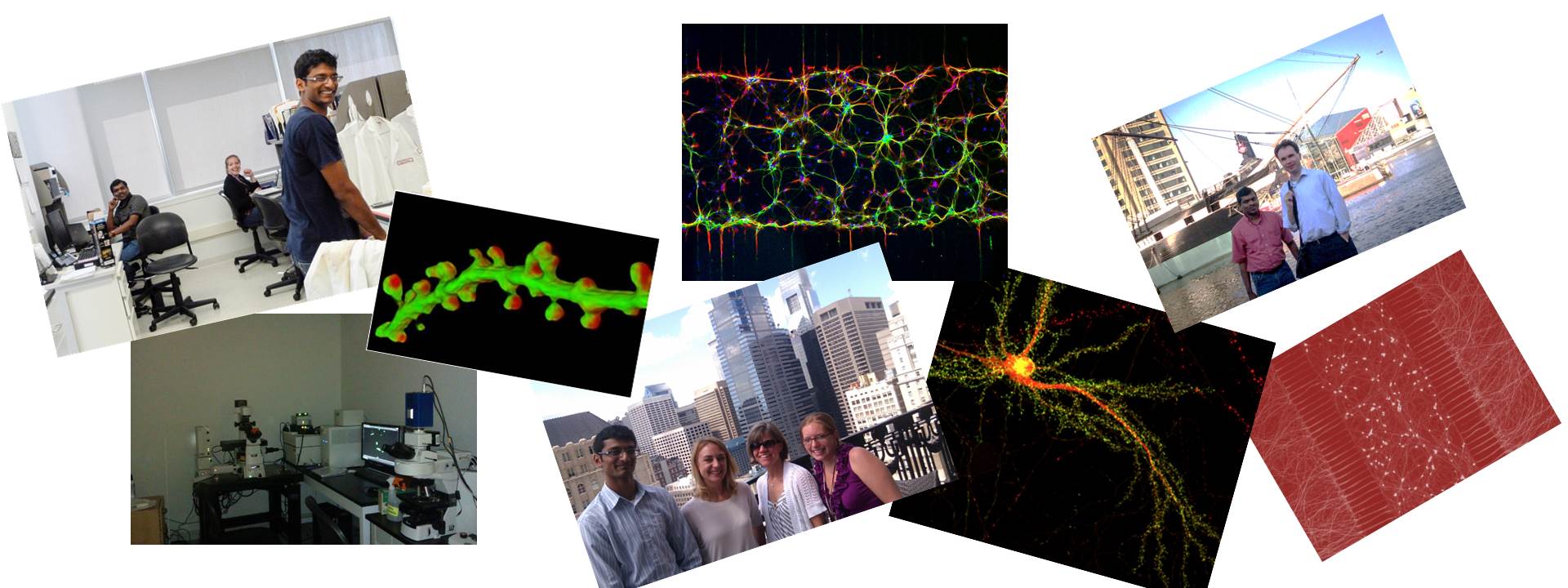Research in the Thomas lab focuses on how intracellular signaling is regulated in the nervous system. At every moment, we must sense vast amounts of information from the environment, integrate and evaluate this information and then ensure an appropriate biological response. These processes require that intracellular signals in nervous system cells must be controlled with exquisite spatial specificity. We are interested in how the nervous system meets this challenge, focusing on how the protein-lipid modification palmitoylation ensures the fidelity of intracellular signaling by controlling the location, and sometimes the activity, of key signaling enzymes. Our work has revealed key roles for palmitoylation in the regulation of specific synaptic connections in the Central Nervous System (CNS). We have also discovered new roles for palmitoylation in long distance signaling from distal axons back to neuronal cell bodies, a process that is important for correct peripheral nervous system (PNS) development and for regeneration following PNS injury. Most recently, we gained insights into how palmitoylation of ion channels and ‘scaffold’ proteins at the Axon Initial Segment can control neuronal excitability, and we revealed previously unappreciated ways in which responses to nerve injury are coordinated and controlled in neuronal cell bodies and distal axons. Much of our work to this point has focused on signaling in neurons, but we are also now defining the importance of palmitoylation-dependent signaling in other CNS and PNS cell types. Our work not only provides new insights into physiological neuronal regulation but may also reveal new therapeutic targets to ameliorate the numerous neurodevelopmental, neuropsychiatric and neurodegenerative conditions in which intracellular signaling is impaired.
Welcome to the Thomas Lab
A Cellular and Molecular Neuroscience Lab at Temple University School of Medicine

